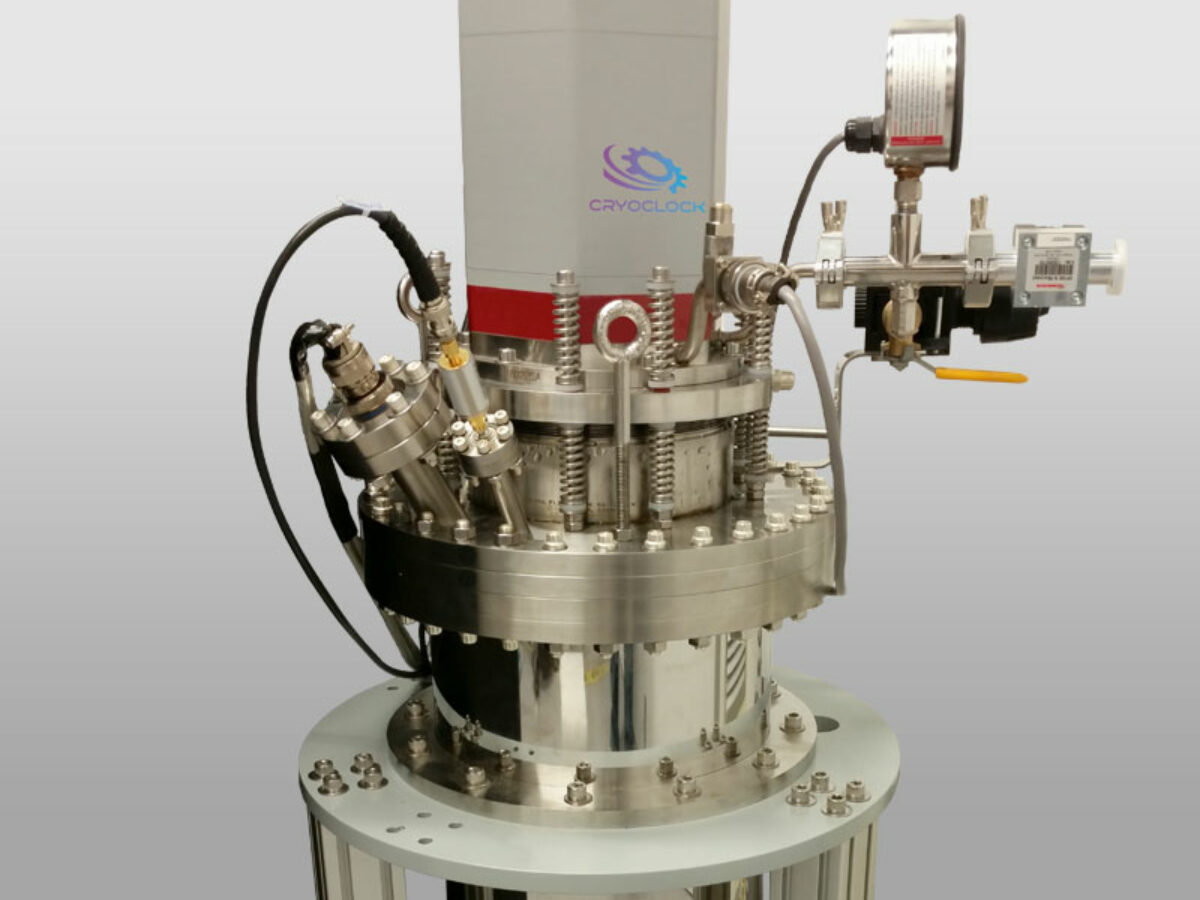$22.5 million Early Career Industry Fellowships round supports research into atomic clocks, new batteries, soft electronics and more

The Australian Research Council (ARC) has announced $22.5 million in funding for 50 fellowships under the Industry Fellowships Program.
Projects cover salary contributions for up to three years and project costs up to $150,000 under the program, which operates across industry, community organisation, not-for-profit, and other sectors and seeks “to facilitate the adoption, translation and commercialisation of Australian research over time.”
Funded researchers include:
- Dr Shanmuga Sundar Dhanabalan from RMIT University, who will collaborate with Sleeptite and Nthalmic on “a flexible pressure sensing system using soft electronics technology with high sensitivity, fast response time, and high stability through advanced design and materials technology”;
- Dr Sarah Scholten from The University of Adelaide, who will work with Quantx Labs on developing “a new high-performance atomic clock suited for operation on a satellite as part of a next generation Global Positioning System”;
- Dr Sailin Liu, also from The University of Adelaide, who is partnering with Iondrive Technologies “to design harsh-temperature-adaptable aqueous zinc ion batteries (AZIBs) for application in the booming stationary energy storage market”; and
- Dr Samuel Gorman from The University of New South Wales, who will collaborate with Silicon Quantum Computing “to improve the performance of scalable sensors for the state preparation and measurement (SPAM) of semiconductor spin qubits” developed by SQC.
(A full list of funded projects is available at this link.)
In a statement on Monday, ARC Acting Chief Executive Officer Dr Richard Johnson said the program played an important role in increasing two-way mobility and skill-building in research collaboration, translation, and commercialisation.
“These early career researchers will help create pathways to support academic researchers in establishing careers in an industry setting, and industry-based researchers to work in a university environment,” said Johnson.
Picture: a cryoclock made by QuantX (credit QuantX Labs)
@aumanufacturing Sections
Analysis and Commentary Awards casino reviews Defence Gambling Manufacturing News Online Casino Podcast Technology Videos





